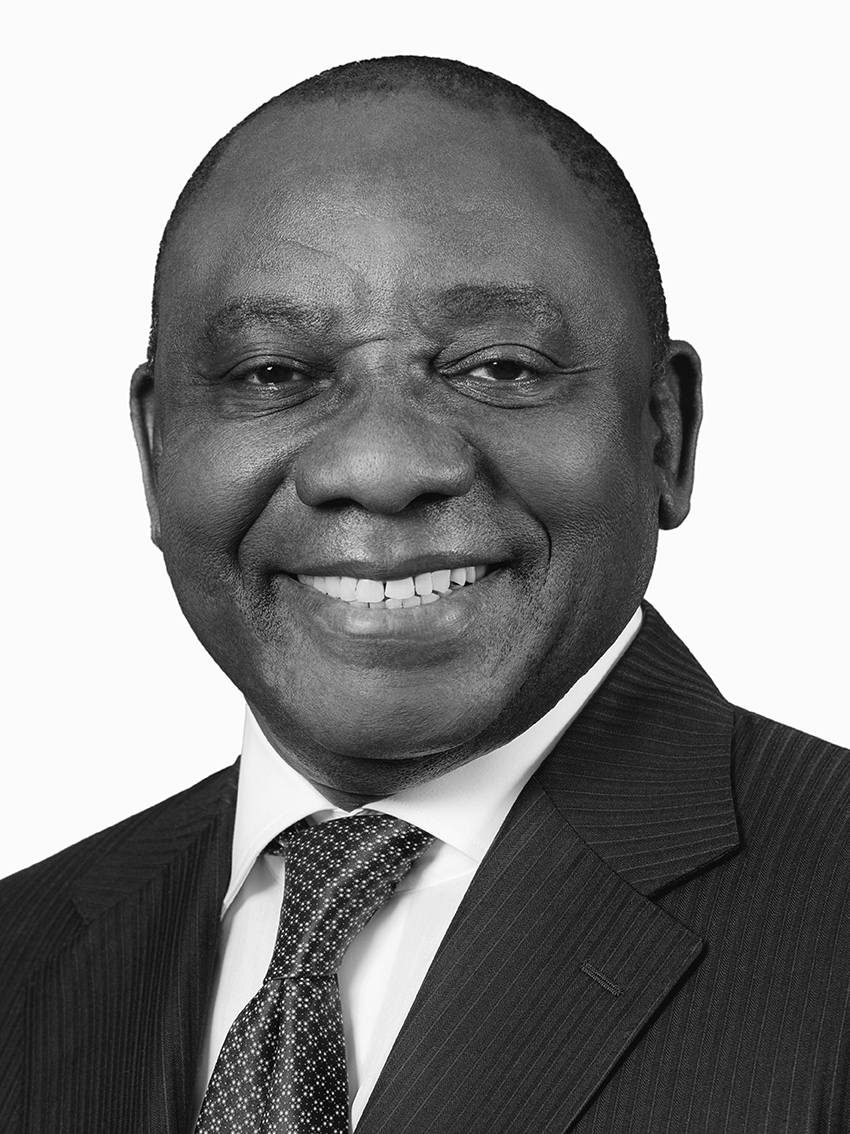President Cyril Ramaphosa’s remarks at a cocktail reception he hosted in honour of African Ambassadors accredited to the Federative Republic of Brazil

Ambassador Ntshikiwane Mashimbye,
Dean of the African Diplomatic Corps,
Ambassador Martin Mbeng,
Ministers,
Your Excellencies,
Ambassadors,
Ladies and Gentlemen,
We meet here as the countries of our continent are forging an ambitious programme to fundamentally transform Africa’s fortunes.
This programme is outlined in the AU’s Agenda 2063, which envisages a continent that is at peace, stable and well-governed, and where its substantial natural resources are used for the benefit of all its people.
Together we are working to grow the economies of African countries through innovation, infrastructure development and trade.
We are meeting today as we begin the countdown to the launch of the African Continental Free Trade Area.
In addition to its economic impact, the Continental Free Trade Area will have far-reaching political, social, physical and international effects.
On the economic front, it will improve access to existing markets and lead to the creation of new ones.
The free flow of goods and services will enable African businesses and entrepreneurs to expand their horizons and unleash the industrial capability of the continent.
The removal of trade barriers will lower prices and benefit consumers. Business costs will be reduced and business efficiency will be raised.
On the political front, the AfCFTA will help to consolidate the union among all African states and reduce the potential for conflict.
From a social perspective, it is likely to result in a more cosmopolitan Africa as the greater movement of people and skills brings more people of diverse backgrounds and nationalities together.
As African countries become more connected to each other through highways and railway lines, through regional power grids and water infrastructure, the continent will undergo a infrastructural transformation.
The AfCFTA will also have a broader international impact as Africa will be able to deal with other trade blocs from a position of greater strength, able to demonstrate economies of scale.
As the incoming chair of the African Union next year, South Africa will put great emphasis on giving effect to the agreement on the Continental Free Trade Area.
Africa has a bright future.
It has the youngest population in the world, and which is expected to have a working age population of 1.8 billion by 2035.
Over the last two decades, Africa has become more stable as democracy has spread. National elections on the African continent have become the norm rather than an exception.
Across Africa, countries are enacting reforms to improve business confidence. Public institutions are being reformed and laws around corruption and bribery are being strengthened.
We still have many challenges.
Unemployment, especially among young people, is still high. Poverty is widespread and inequality is growing. Millions do not have access to proper health care or decent education.
We still continue to experience conflict and instability in several countries and regions, which have displaced millions of Africans and deepened poverty and underdevelopment.
These are challenges we recognise and are working to overcome.
South Africa sees an important role for the BRICS formation in contributing to these efforts, and it is this reason that we championed the BRICS-Africa Dialogue Forum during our chairship of BRICS last year.
We seek to build a more inclusive partnership between the leaders of BRICS countries and the elected leaders of African institutions.
Apart from the BRICS Framework of Cooperation, BRICS countries have worked individually to promote cooperation and development with Africa.
The partnership pursued through the BRICS-Africa outreach is rooted in a firm belief in the political, economic and social potential of the African continent.
It speaks to the promotion of peace and security, advancing industrial capacity and economic integration, and champions a people-centred approach to sustainable development.
We believe that the implementation of the Agreement on the African Continental Free Trade Agreement will create opportunities for the BRICS investment partners to develop infrastructure on the continent.
As African nations, there has never been a better time to deepen our collaboration to ensure the African Continental Free Trade Area, our most ambitious collective venture yet, is a success.
This is an opportunity to grow our economies and to use our considerable collective resources to uplift our people and improve their condition.
I thank you.




